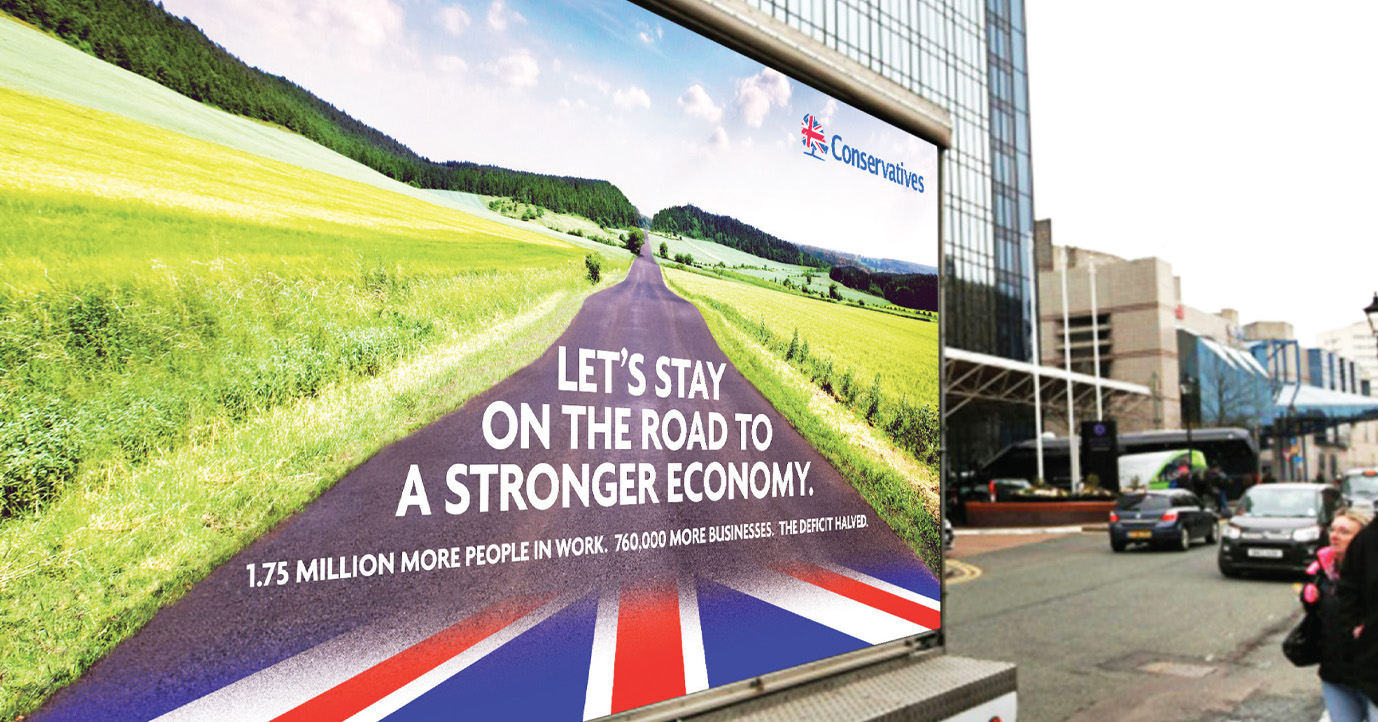
My latest round of constituency polling includes an assortment of seats and some intriguing results.
Of the eighteen seats I have polled over the past four weeks, eleven are held by the Liberal Democrats with the Conservatives in second place. These have bigger majorities than those I have previously surveyed on the Lib Dem battleground, from 9.3% (Cheltenham) to 15.2% (Hazel Grove). To these I have added Watford, the most closely contested of the Conservative seats I have polled where the Lib Dems were second in 2010.
I have also looked at Burnley and Birmingham Yardley, two Lib Dem-held Labour targets not yet covered in my research. And though it does not fit easily into any category, having had an independent MP over two parliaments who finished second at the last election, I have also looked at Wyre Forest.
In addition to these I thought it would be interesting to poll the constituencies of the three leaders of the opposition: Ed Miliband’s Doncaster North, Nick Clegg’s Sheffield Hallam (the electoral opposition, if not technically the Opposition) and Thanet South, where Nigel Farage hopes to be elected next May.
First, the Lib Dem battleground. Having found Labour ahead in Watford in September, this time the Conservatives were back in the lead, by two points. There is little to choose between the parties and the result could still go any of three ways.
In the Lib Dem-held Conservative targets I found an overall swing of two points to the Tories – but only because the fall in the Lib Dem vote (13 points) was even bigger than that in the Conservative vote (9 points). As is often the case, this overall swing masks significant variations between seats – indeed the swings were not even in the same direction.
There was some good news for the Conservatives – I found the party a point ahead in North Devon, where the Lib Dems are defending a majority of 5,821, and five points ahead in Portsmouth South, where the nine-point swing to the Tories suggest the sitting MP’s antics have generated the opposite of an incumbency effect.
Elsewhere in this selection, most of the Lib Dem MPs concerned seem quite well entrenched. Outside Portsmouth South, the biggest swing to the Conservatives was 4.5% in Hazel Grove, which still leaves the Lib Dems with a 6-point lead. At the other end of the scale, I found swings to the Lib Dems in both Carshalton & Wallington and Thornbury & Yate, where Tom Brake and Steve Webb each saw their vote share fall by just 5 points compared to 2010, while the Tory share was down by nearly three times as much.
In the Lib Dem-held Labour targets I found the challengers comfortably ahead in Burnley, with a 13-point lead and a 10% swing, but the Lib Dems holding on by three points in Birmingham Yardley. In Wyre Forest I found the Conservatives ahead and UKIP second with 27% of the vote, evidently benefiting from circumstances in which many local people have not voted for one of the main parties since 1997.
In the eleven Lib Dem-Conservative seats the powerful incumbency factor enjoyed by many Lib Dem MPs is clearly on display. A quarter of those saying they would vote Labour in the standard voting intention question (“which party would you vote for in an election tomorrow?”) switched to the Lib Dems when asked the localised question (“thinking about your own parliamentary constituency at the next general election and the candidates who are likely to stand for Westminster there, which party’s candidate do you think you will vote for?”) Seventeen per cent of those initially saying they would vote Tory did the same, as did 12% of those saying they would vote UKIP.
Interestingly, 15% of 2010 Conservative voters who said they would vote UKIP in the first question switched back to the Tories in the second question. Even so, I found 17% of 2010 Conservative voters saying they would switch to UKIP in their own constituency – as would 13% of 2010 Labour voters and 10% of former Lib Dems.
Conservative switchers to UKIP were less optimistic about the economy, both for themselves and for the country as a whole, than remaining Tories. However, 92% of Conservative-UKIP defectors said they would rather have Cameron as Prime Minister than Miliband, and two thirds said their preferred outcome of the next election was a Conservative overall majority.
Note: The polls in Sheffield Hallam, Doncaster North and Thanet South were found to contain data errors. Corrected results appear here.


